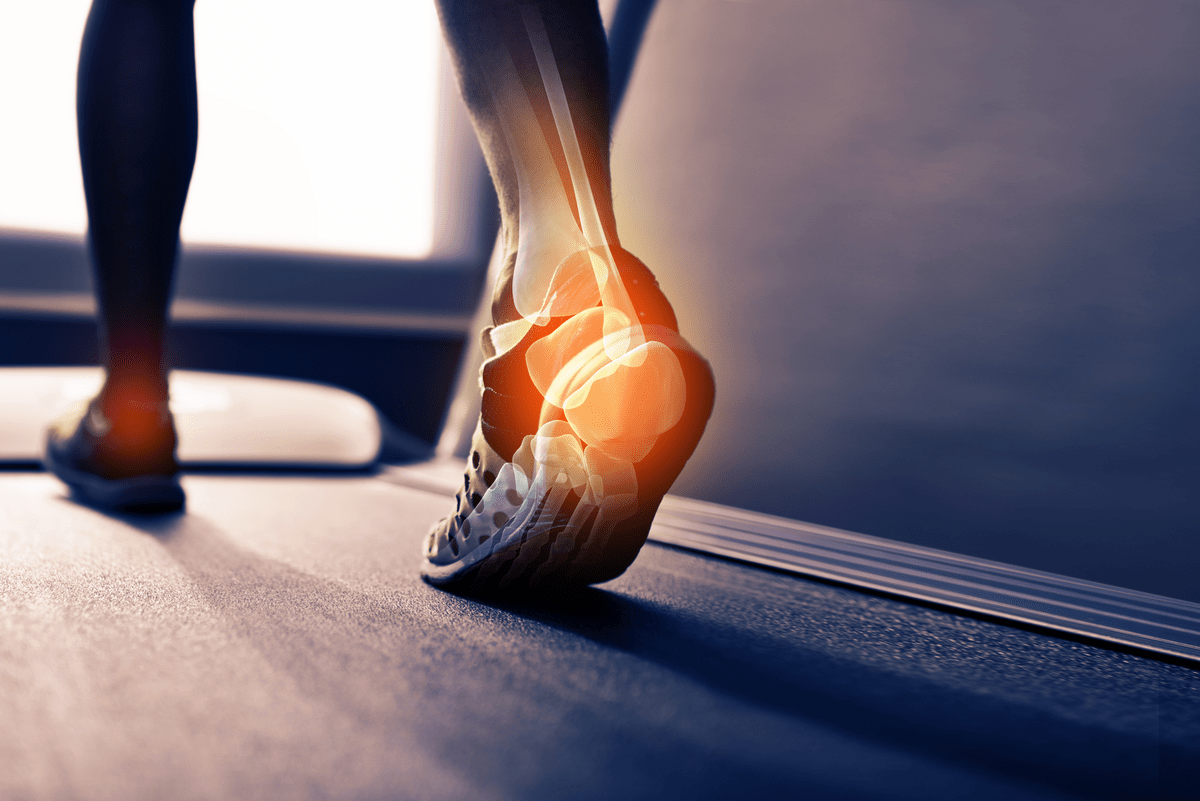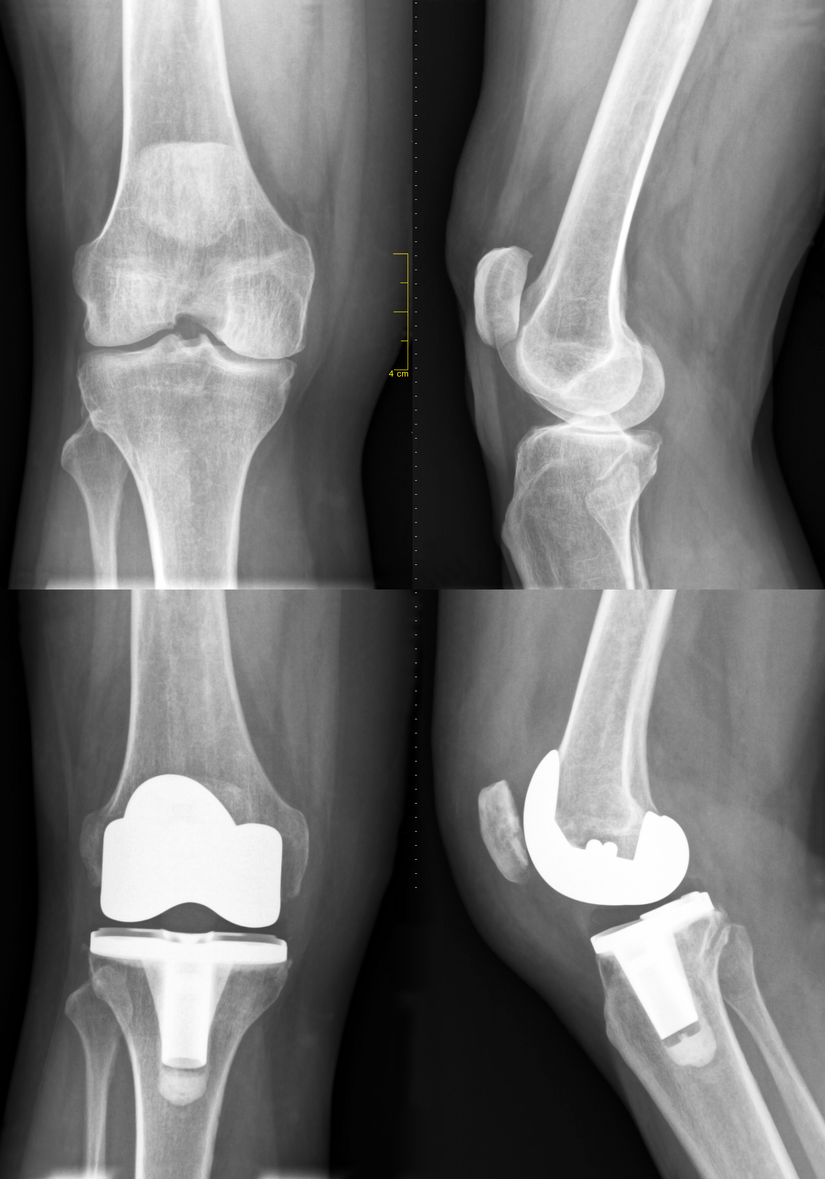You’ve noticed that your joints seem swollen and a bit painful. They might even be a bit stiff. But you’re too young for arthritis, so it must be something else, right? Not exactly.
“Arthritis can happen to anyone at any age, regardless of gender or race,” says Dr. Meghna Chopra, M.D., a family medicine physician at Riverside Primary Care Midtown. “More than 50 million adults and 300,000 children have some type of arthritis. In the U.S., arthritis is the leading cause of disability.”
Dr. Chopra explains the different types of arthritis, symptoms, diagnosis, treatment and when to see a doctor.
Types of arthritis
There are more than 100 types of arthritis,” says Dr. Chopra. “The word arthritis means joint inflammation. But that’s really a symptom, not a specific diagnosis. By far, the most common form of arthritis is osteoarthritis, followed by psoriatic arthritis and then rheumatoid arthritis.
Here are brief descriptions of the most common categories of arthritis:
- Osteoarthritis: The cartilage, which provides cushioning at the ends of bones, wears away, bone rubs against bone, causing pain, swelling and stiffness.
- Inflammatory arthritis (rheumatoid arthritis, psoriatic arthritis, ankylosing spondylitis, gout): The immune system incorrectly believes your own body tissue is harmful. So, it attacks the tissues, causing inflammation in and around the joints.
- Infectious arthritis: Inflammation is caused by a bacterium, virus or fungus getting into the joint.
- Metabolic arthritis: The body creates more uric acid than it needs, and it forms needle-like crystals in the joint that cause quick bursts of extreme joint pain.
Arthritis symptoms
Different types of arthritis can have different symptoms. These symptoms can be mild, moderate or severe. Some people may have mild symptoms for years before they become more severe. General symptoms include:
- Pain, stiffness or swelling in your joints
- Difficulty moving around
- Fever
- Weight loss
- Trouble breathing
- Rash
If your arthritis is severe, you’ll likely experience chronic pain. This can make it difficult or impossible to do daily activities such as walking or climbing stairs.
“Children can also get arthritis,” says Dr. Chopra. “Their symptoms are similar to those of adults. Additionally, they may feel very tired, eat less or have inflammation in their eye. It may also be hard for them to dress themselves, play with friends or even walk.”
>
Diagnosing and treating arthritis
“Over time, arthritis can change the joint,” says Dr. Chopra. “Sometimes you can see these changes, like knobby fingers, but usually you can only see the damage in an X-ray. Some types of arthritis also affect the heart, eyes, lungs, kidneys and skin as well as the joints.”
To diagnose arthritis, a doctor will ask you about your medical history and give you a physical exam. They may also do blood tests or take X-rays. It is possible to have more than one form of arthritis at the same time. For most forms of arthritis, the earlier you’re diagnosed, the better. Early treatment can help you prevent or reduce more severe symptoms as you age.
In general, arthritis treatments are designed to:
- Manage pain
- Reduce the amount of joint damage
- Improve or maintain how well you move
When possible, exercise is good for managing arthritis. It can decrease the amount of pain and stiffness you feel, increase your strength, give you more energy and preserve both your joint function and mobility.
For inflammatory arthritis, treatment also includes controlling the inflammation with medications or physical therapy. Sometimes, surgery is needed.
When to see a doctor
If you experience any signs of arthritis, it’s important to visit your primary care doctor. They’ll examine you to determine if your symptoms are due to arthritis or a different medical problem.
If your doctor believes you do have arthritis, they may refer you to a rheumatologist or orthopedist. These are doctors who specialize in arthritis and related conditions.
To make an appointment with Dr. Chopra for your joint pain, swelling or stiffness, call 757-534-5352 or schedule online.



